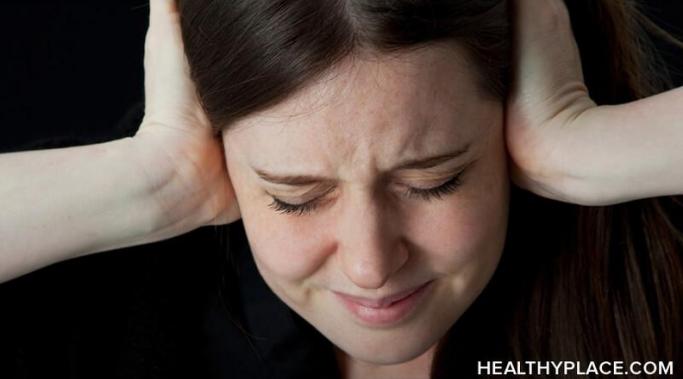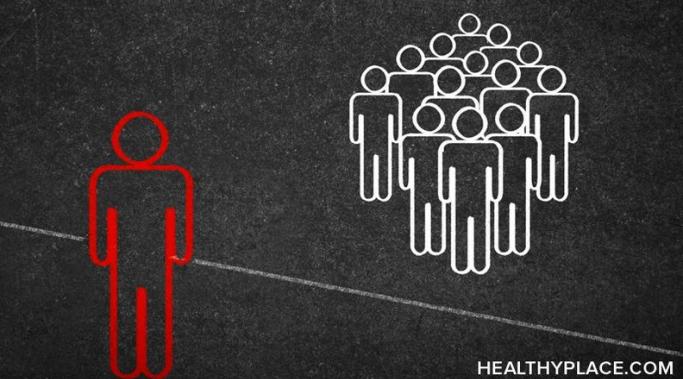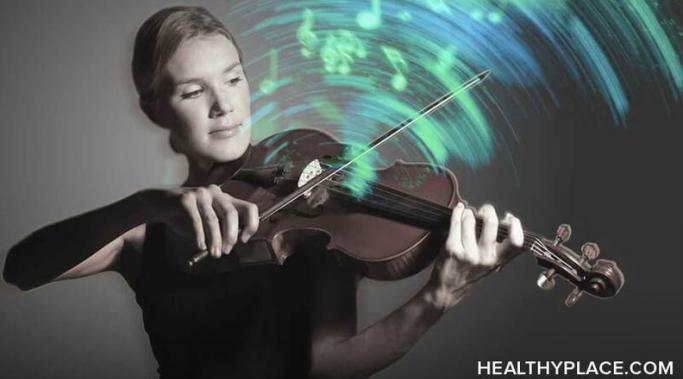Emotions themselves are neither productive nor destructive; in the context of self-injury, they can be both harmful and healthy. Intensity can be a critical determining factor here, which is what makes self-harm emotional regulation so important for healing.
Self-injury videos
Is there an easy way to say goodbye? There isn't if you've really enjoyed your journey thus far. However, sometimes we reach a crossroads where changes are necessary to carry on, and I've realized I've just reached mine. This is my last post for "Speaking Out About Self-Injury," though it certainly won't be the last time I talk about self-harm.
This post is not necessarily about wrist scars, as self-harm can come in many forms. This is just a reflection on my personal experiences with self-injury in the wrist and forearm area, as that's where I used to hurt myself. I feel most people react to scars similarly, especially if their reaction comes from ignorance or fear rather than love. Therefore, this post might be helpful if you know someone who self-harms and you wonder how to behave around them.
When you experience a panic attack, the physical sensations are so intense they often cloud your judgment. For example, you may hyperventilate while the room seems to spin and your heart is about to race out of your chest. Some people may also feel like they're cornered in a flight-or-fight situation and may even self-harm during a panic attack. Why does that happen? I'm not sure I have the answers, but I can offer my personal insight.
May is Mental Health Awareness Month, and we've almost reached the end of it. Each year, I see more and more people opening up about their struggles, encouraged by themed conversations on social media and beyond. However, I feel self-injury is particularly difficult to talk about publicly, so self-harm stigma is still going strong. Why are people so afraid of self-harm?
Music can be an excellent tool to regulate and process difficult emotions. It can also serve as a self-harm distraction and a temporary escape into a world of sounds and rhythm. Research also suggests that music can help you develop greater self-awareness, which is essential for long-term self-harm management.
Practicing gratitude may not seem like an effective tool for preventing self-harm. Indeed, when you’re in distress, feeling thankful for seemingly trivial things can feel nearly impossible or even aggravating to your self-harm thoughts. However, research shows that expressing gratitude regularly can rewire our brains and improve mental health. It can also serve as a protective factor for suicidal ideation and self-injury.
Decluttering your home might seem like a daunting task, but it can also serve as a self-harm distraction and help you gain control over your emotions. There's no doubt, cleaning up and organizing your surroundings has a proven therapeutic effect on your mental health.
The year 2021 has now officially kicked off, and many of us have set out to become self-harm-free. However, New Year's resolutions alone won't be enough to get us there. It's crucial to develop a practical self-harm care plan that you can reach out for in time of crisis.
The year 2020 is finally coming to an end, so inevitably, New Year's resolutions are looming on the horizon. Being self-harm-free might seem like a huge commitment and a lot of pressure to put on yourself from January 1st. However, if you break it down into smaller tasks that feel both achievable and not too overwhelming, living self-harm-free can become a realistic goal.









